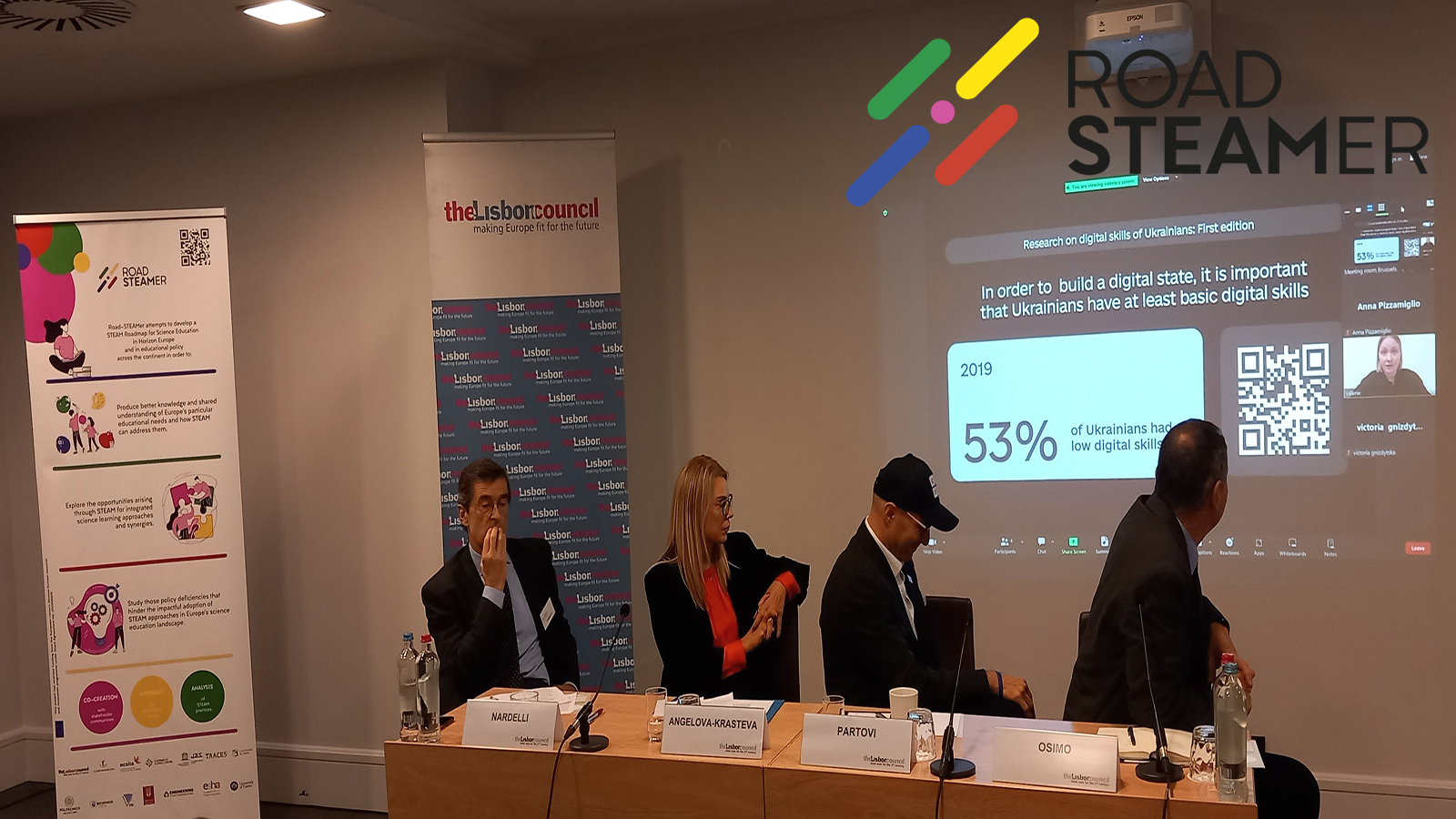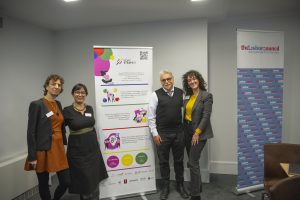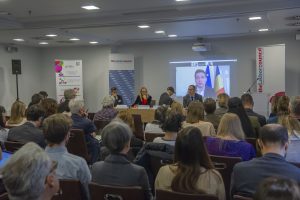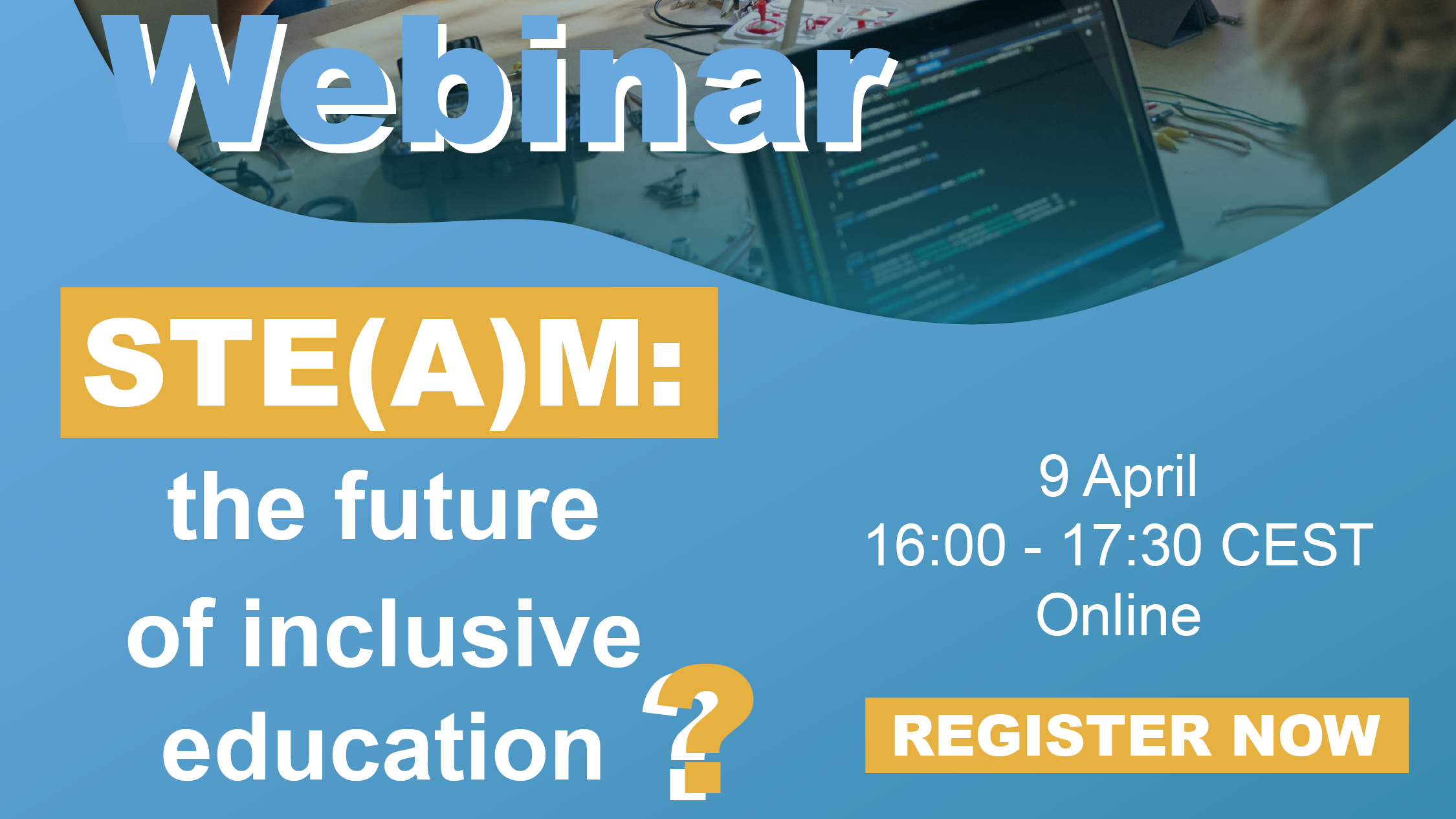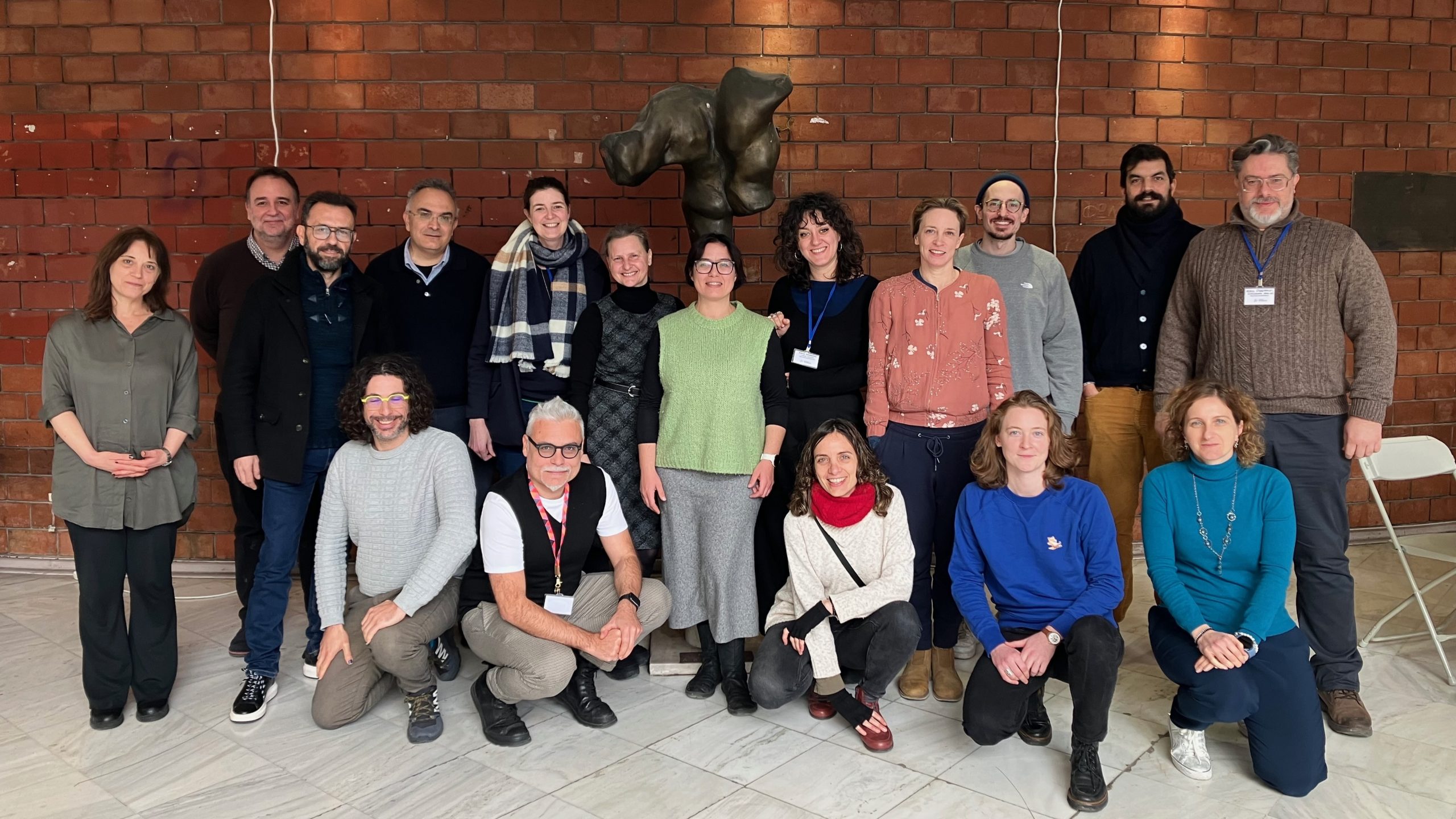On 22 January 2024, the Road-STEAMer project orchestrated a pivotal event, the 2024 Summit titled ‘The Time is Now: Why Digital Skills for All Can No Longer Wait and What We Can Learn from Successful Large-Scale Initiatives’. The event, facilitated by the Lisbon Council and co-organized by Ecsite, explored the critical dimension of digital skills in Europe but also provided a platform to delve into Road-STEAMer’s primary objectives. The Summit was organised also in light of the European Year of Skills.
Against the backdrop of a European landscape where over a third of workers lack essential digital skills, and a mere one-fifth of the 9 million ICT specialists are women, the need to enhance computer literacy in early and secondary education has become undeniable. Recognizing this urgency is crucial not only for better preparing the workforce but also for elevating Europe’s competitiveness in an industry that has exhibited limited increase over the past years.
The recent Council Recommendation for Improving the Provision of Digital Skills and Competences in Education and Training marks a significant step towards a strategically coordinated European approach. Setting an ambitious target for 80% of the population to possess basic digital skills by 2030, the focus on enhancing relevant literacy in schools is paramount. One of the strategies suggested by the Council to the Member States was to strengthen digital skills and competences in primary and secondary education and promote transversal digital skills.
The 2024 Digital Skills Summit commenced with insightful words from Pia Ahrenkilde Hansen, Director-General of the European Commission’s Directorate-General for Education, Youth, Sport, and Culture, highlighting the impactful role of programs like Erasmus+ and Horizon in advancing digital skills.
Next, Hadi Partovi, the CEO of code.org, shared insights into his initiative which boosted computer literacy for 80 million pupils worldwide. In particular, Mr Partovi stressed out the incredible attractiveness that interactive learning platforms and creativity have for young people when it comes to learning new skills. With the use of famous brands like Star Wars, Minecraft, and Angry Birds, several students became familiar with basic IT knowledge by coding new rules for their favourite video games and franchises. In this context, the incorporation of arts in the STEM sector emerged as a brilliant catalyst, aligning with Road-STEAMer’s goals of exploring innovative approaches to science education.
Valeriya Ionan, Deputy Minister for Eurointegration at the Ministry of Digital Transformation of Ukraine, shared Ukraine’s initiatives, showcasing the success story of the Diia Ecosystem and Diia Education. The platform, featuring educational series and immersive simulators, successfully elevated computer literacy for 1.5 million Ukrainians within three years.
The summit’s high-level panel, featuring Enrico Nardelli, Professor of Informatics at Tor Vergata University in Rome, Victor Negrescu, Member of the European Parliament and Vice-Chair of the Committee on Culture and Education, and Antoaneta Angelova-Krasteva, Director for Innovation, Digital Education, and International Cooperation at the European Commission, provided valuable insights into the future of STEAM education in Europe. Road-STEAMer’s mission to study policy deficiencies hindering the impactful adoption of STEAM approaches in Europe’s science education landscape was integral to these discussions, reinforcing the commitment to shape the educational policies of tomorrow.
